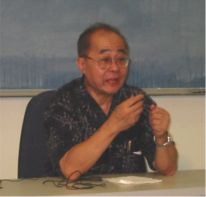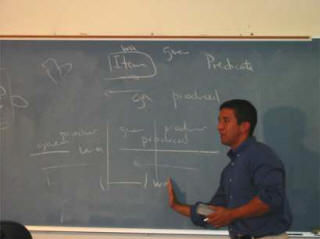The Transformation of Gangs in Chinatown (1970-2000)
Arriving to the United States from Taiwan in 1964, Mr. Hsin Yuan Cheng, an immigrant with an extensive background in journalism and broadcasting, has spent more than thirty years of his life immersed in the hustle and bustle of Chinatown. Over the past three decades, from 1970 to 2000, he has both reported and witnessed … Read more


